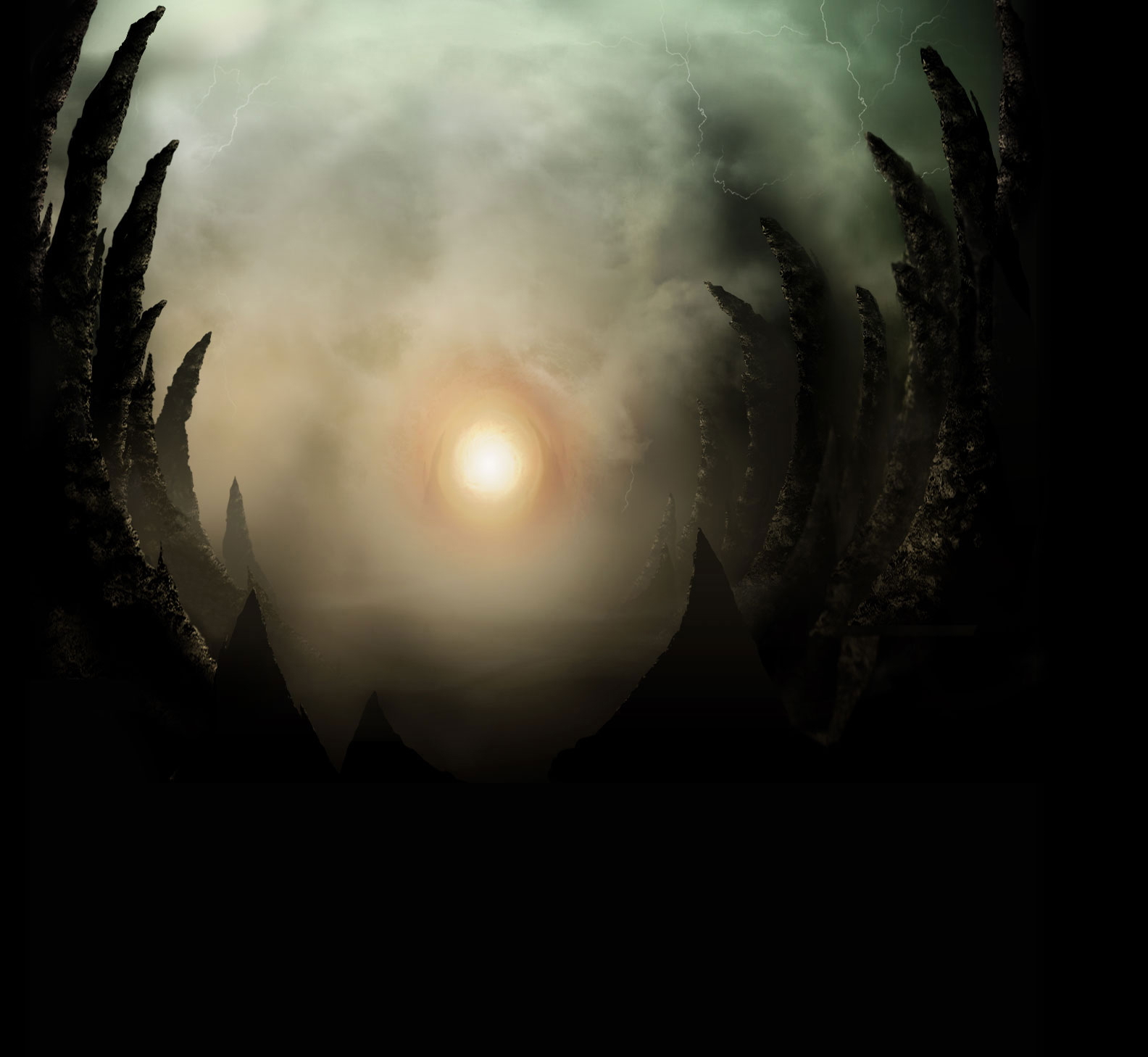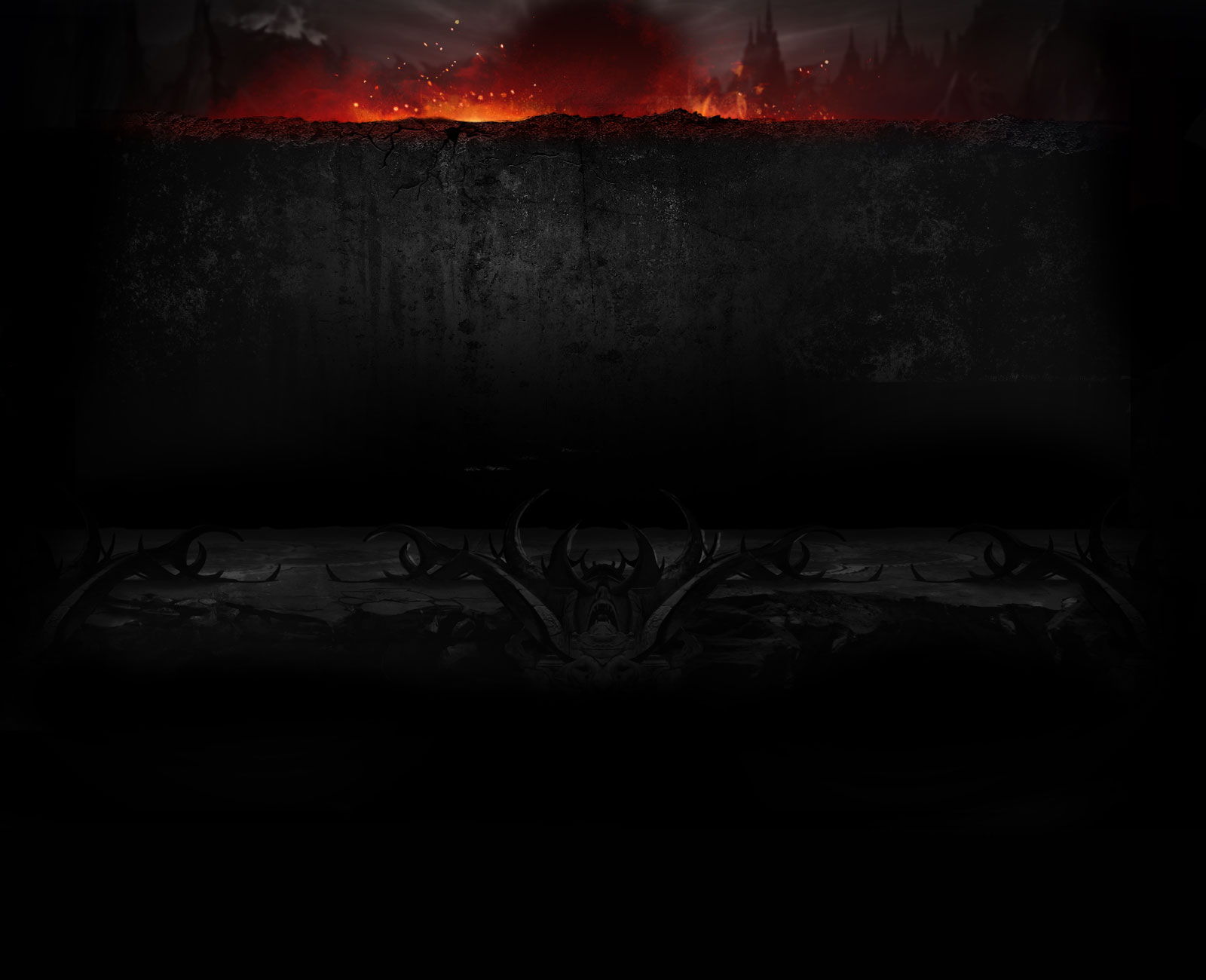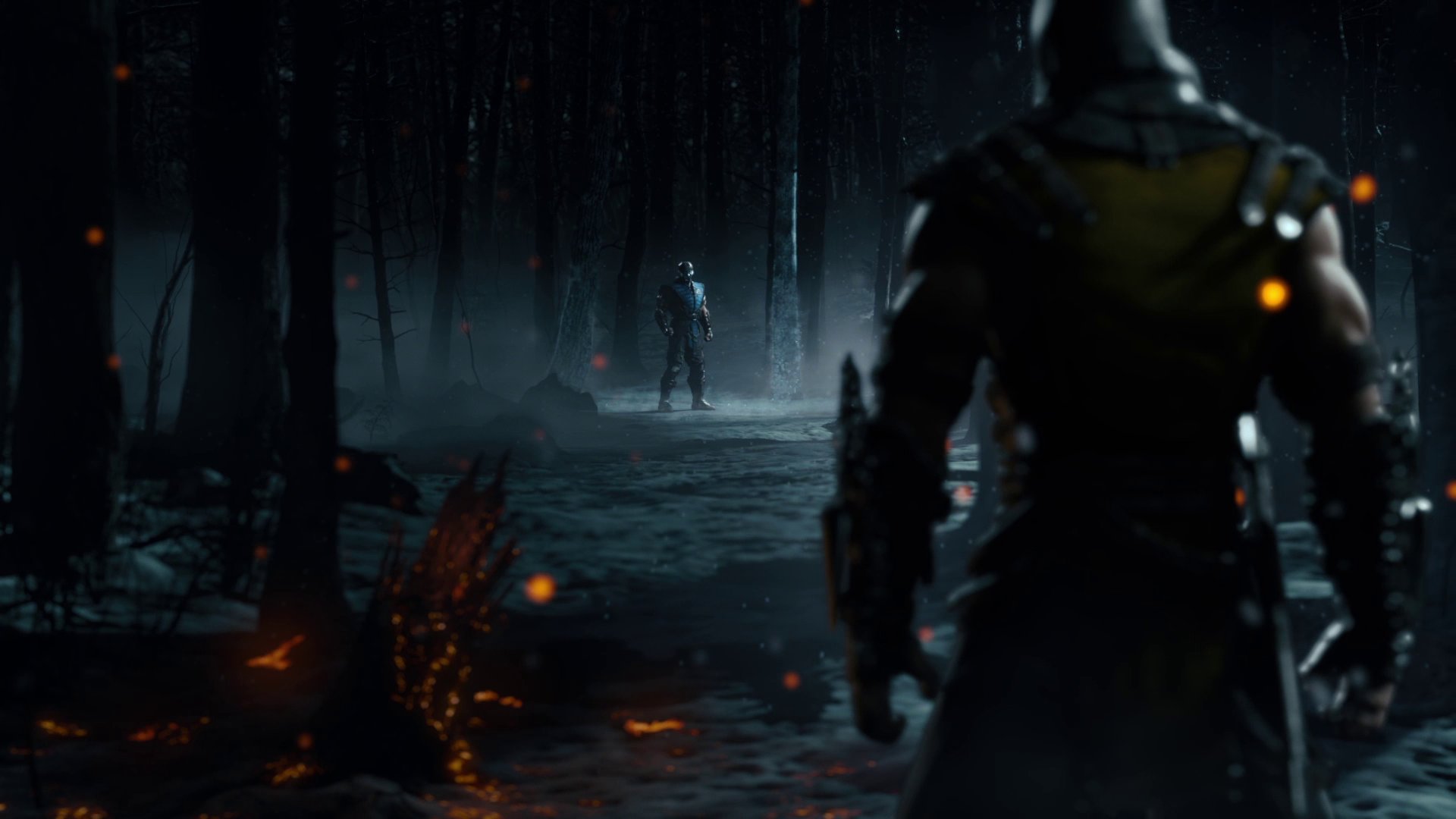While I have enough thoughts on the retcon to write a book, obviously, I'm not about to spill them all right here right now.
But I can tell you for sure that making Sindel a character who is now pro-genocide, pro-milicide, references slave-trading and human breeding for sport, and instinctively hates the lower class cannot be referenced as a positive form of "empowerment". Any writer who truly thinks that word fits the bill as a superlative is wildly misinformed.
Cliff notes: I still love this character. I am disappointed in what they've done to her. I also struggle to believe anything, anything, in MK is either canon, will last forever or is "the way it is" anymore, because honestly, like the "Major League Comics" the brand has chased so desperately chased since the reboot, "canon" is just mess upon mess at this point.
One other thing: Regardless of where you stand on new Sindel, Mara Junot did an amazing job with her voicework throughout, second only to Cary-Hiroyuki Tagawa's awesome turn as Shang Tsung.
















